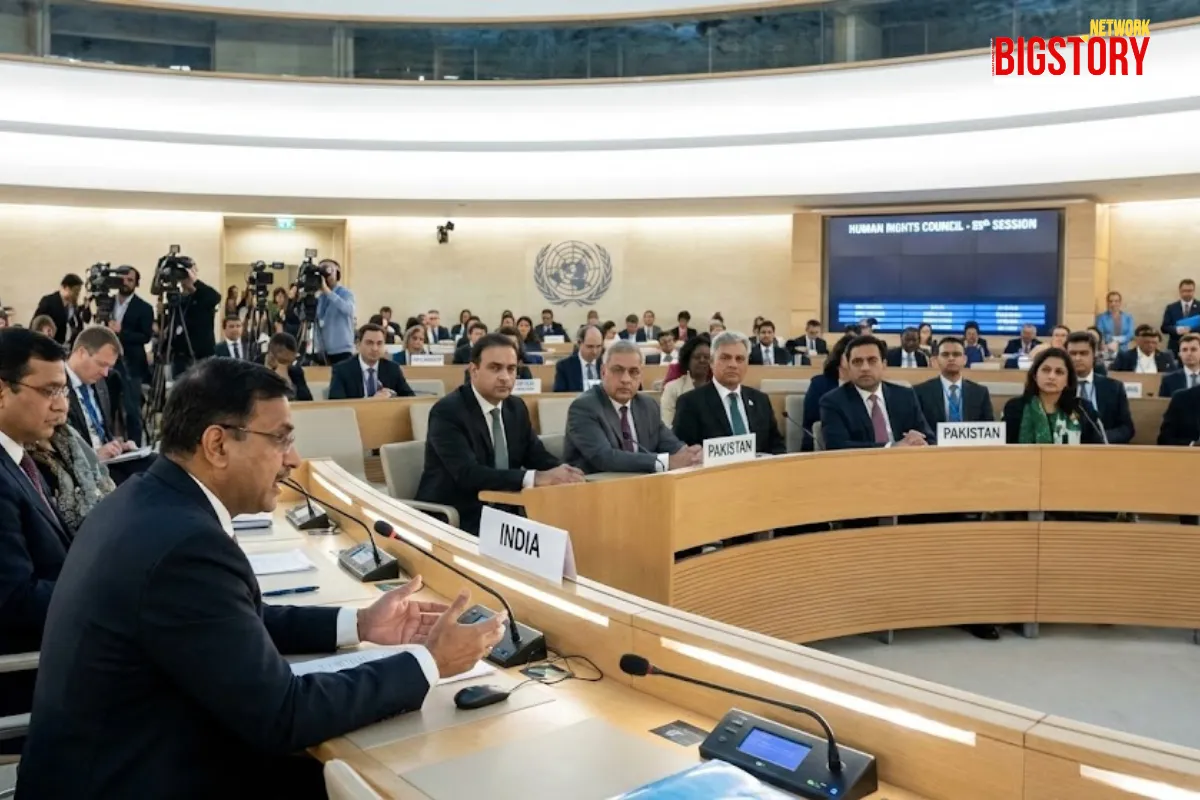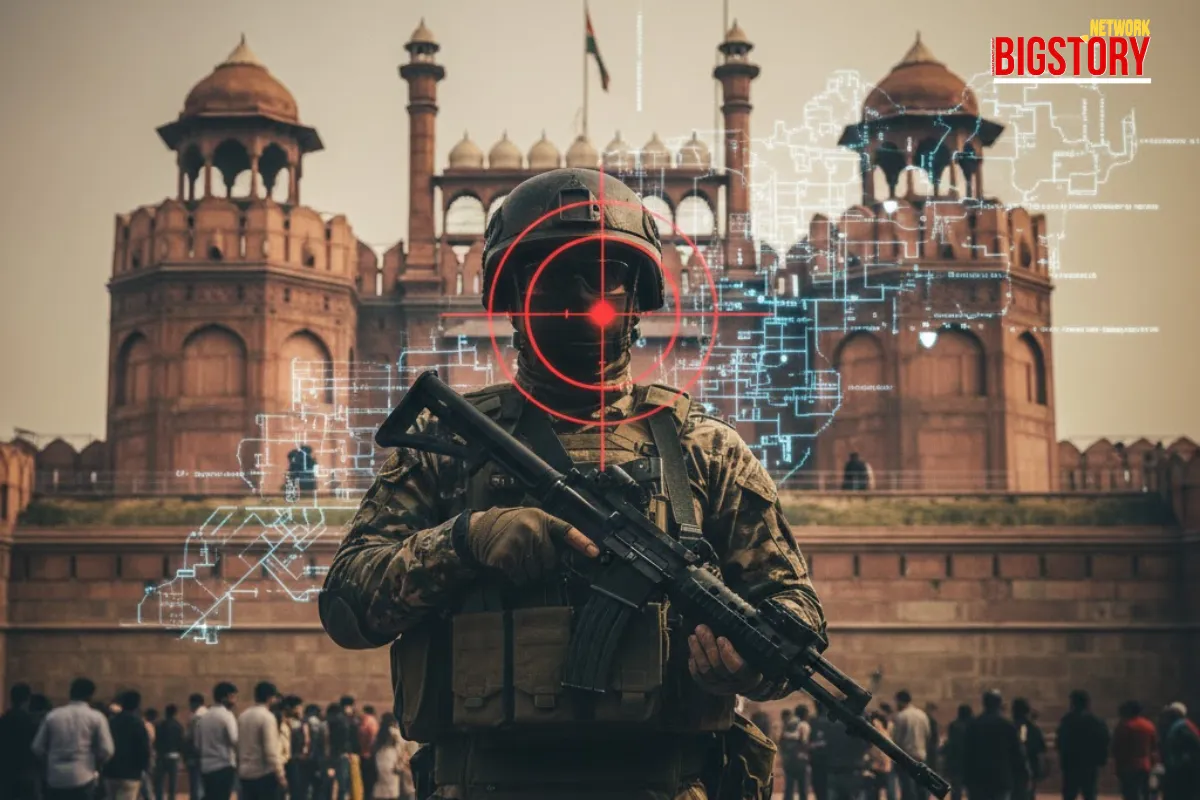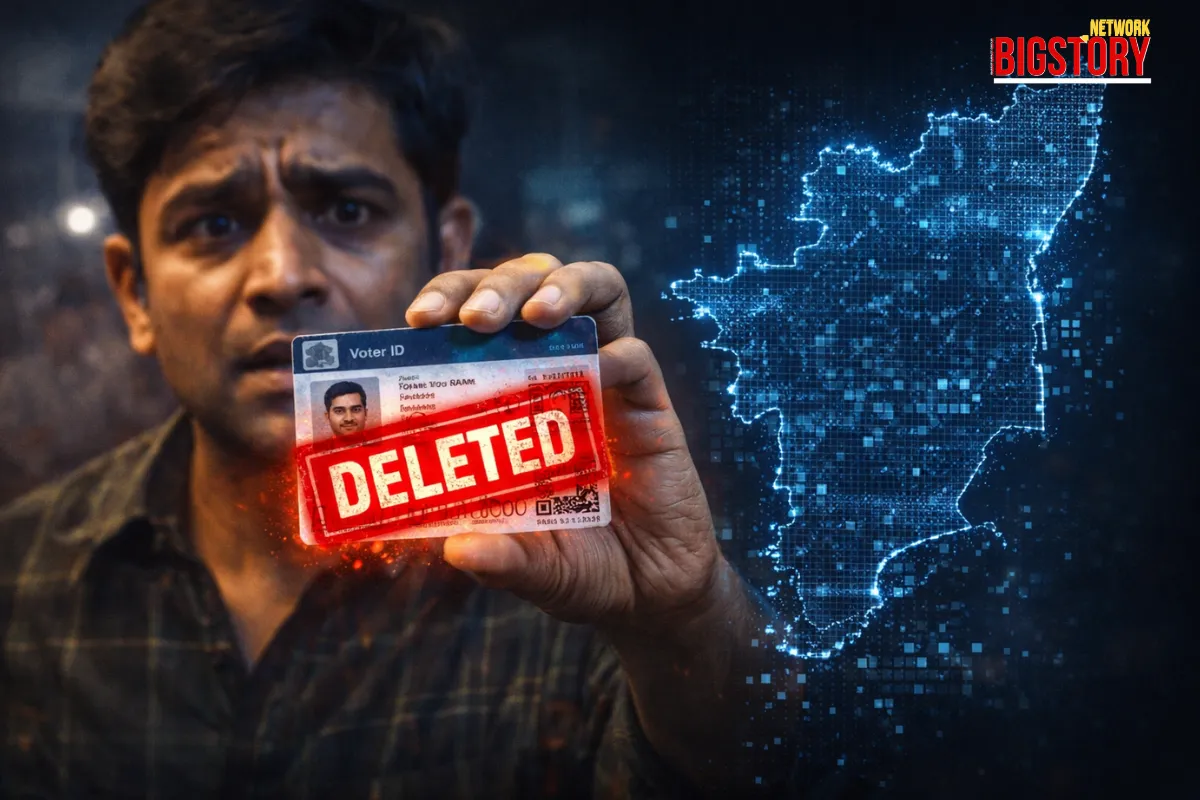Bihar’s Special Intensive Revision of electoral rolls has removed 65 lakh names ahead of the November 2025 polls. Supreme Court questions timing as opposition alleges voter suppression.
 Brajesh Mishra
Brajesh Mishra
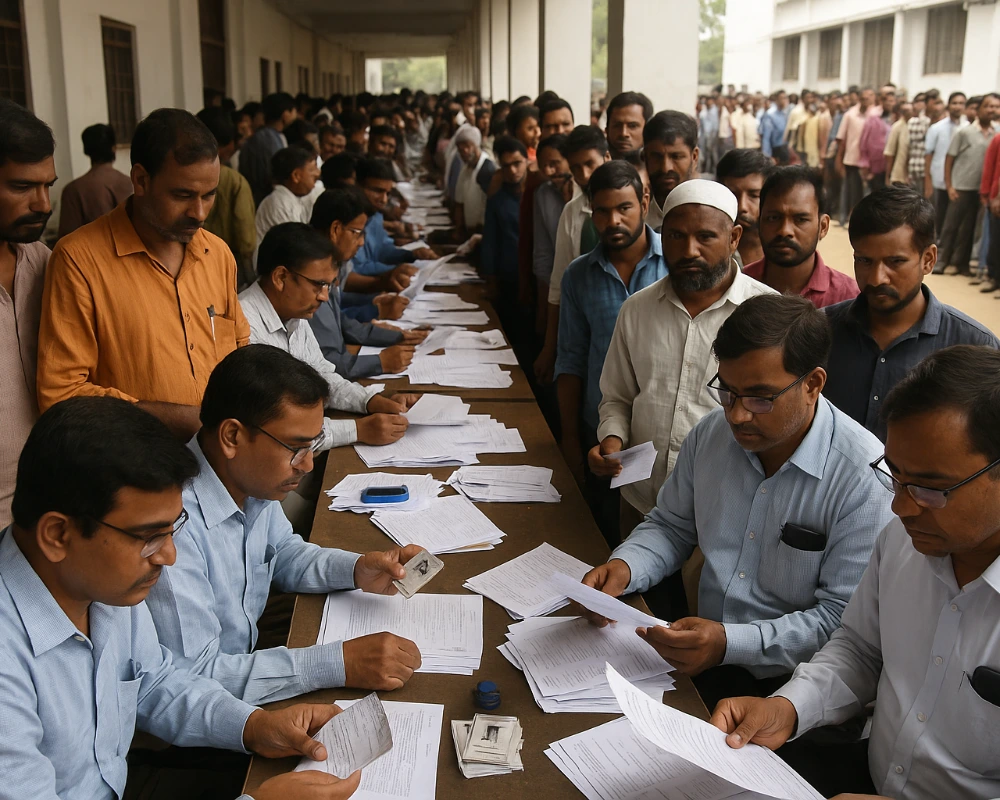
Bihar’s upcoming Assembly elections have been overshadowed by a fierce debate over the Election Commission of India’s (ECI) decision to conduct a Special Intensive Revision (SIR) of the state’s electoral rolls. Launched just months before the polls, the exercise has sparked widespread political and legal controversy, with critics alleging voter suppression and the Supreme Court itself questioning the timing.
The SIR began on June 24, 2025, requiring voters across Bihar to re-verify their eligibility. A draft voter list published on August 1 revealed that nearly 65 lakh names had been removed, triggering a political storm. The final electoral roll is due on September 30, just weeks ahead of the November Assembly elections.
The ECI defended the SIR, citing “large-scale additions and deletions” over the past two decades that raised risks of duplication. A January 2003 cutoff date was set, requiring additional documentation from voters absent in pre-2003 records. Chief Election Commissioner Gyanesh Kumar argued the revision was mandated under the Representation of the People Act, which obligates roll updates before every election.
The SIR has placed heavy demands on Bihar’s administrative machinery. Over 90,000 Booth Level Officers were deployed across the state. Yet, conflicting orders and verification procedures created widespread confusion. Reports surfaced of voters being struck off the rolls without proper checks, intensifying concerns over fairness and transparency.
The controversy has already spilled into Parliament, disrupting proceedings during the monsoon session as opposition parties pressed for debate. Socially, the exclusion of nearly 65 lakh voters has stoked anger, especially among communities dependent on seasonal migration. Economically, the scale of the revision has strained resources and diverted significant manpower.
With the final electoral roll set to be published on September 30, the outcome of Bihar’s SIR will likely shape the state’s political landscape ahead of the November polls. Opposition parties have vowed to keep the issue alive during campaigning, while the Supreme Court’s continuing oversight may determine how the exercise unfolds. For now, the timing of the revision remains the sharpest fault line in Bihar’s road to elections.



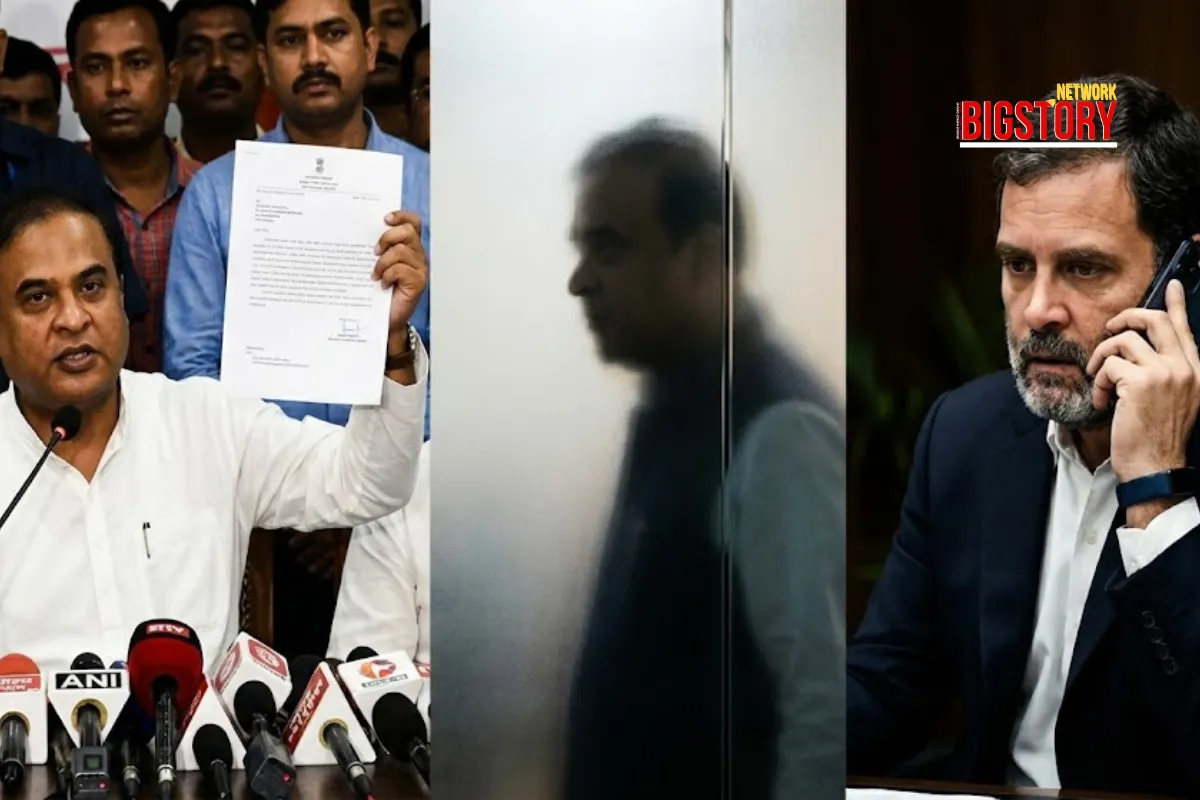


Sign up for the Daily newsletter to get your biggest stories, handpicked for you each day.
 Trending Now! in last 24hrs
Trending Now! in last 24hrs
